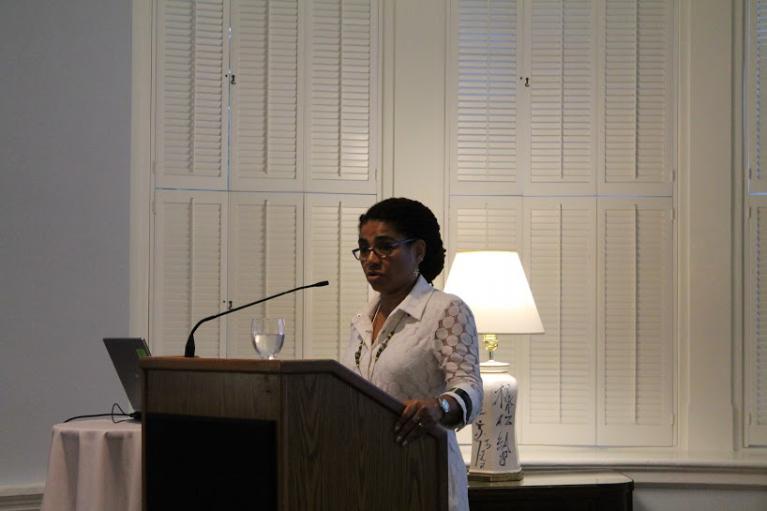Exploring Identity
By R_MasseyNovember 21, 2014 - 13:04

It is an innate sentiment of mankind to search for definition, belonging and purpose. We try to find groups to label us, activities to give our days meaning and people to find ourselves with. It is this eternal endeavor, this search for identity that brings out the beauty in life. We seldom realize how incorporative all the elements of our surroundings are to our identity. Whether it be with the physical or social environment, we are shaped by our experiences and interactions. In trying to understand what we come to uncover, we are faced with the question of what to do with our new knowledge of ourselves. In Elizabeth Kolbert’s novel, “The Sixth Extinction,” we are presented with the knowledge of our own detrimental acts against the earth.









